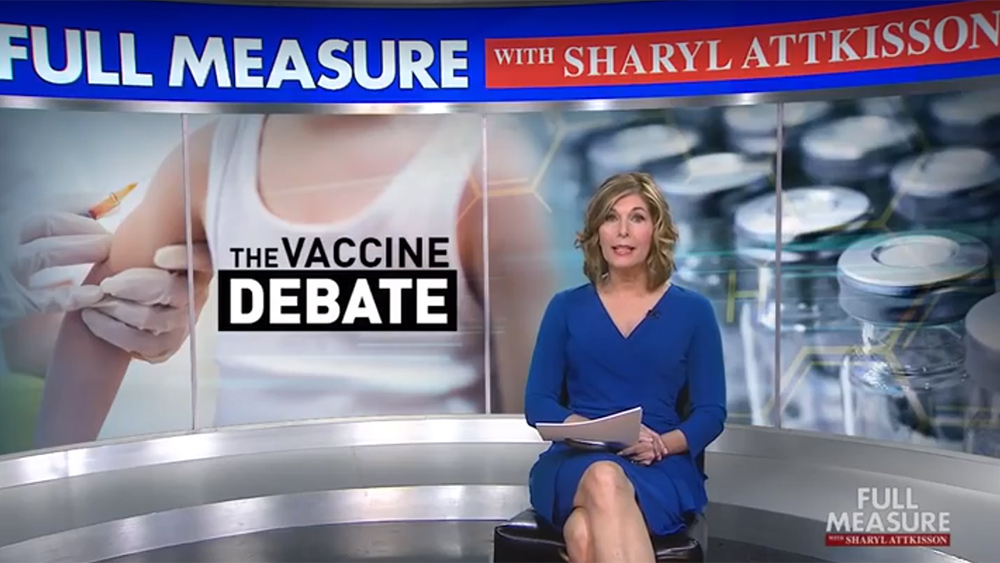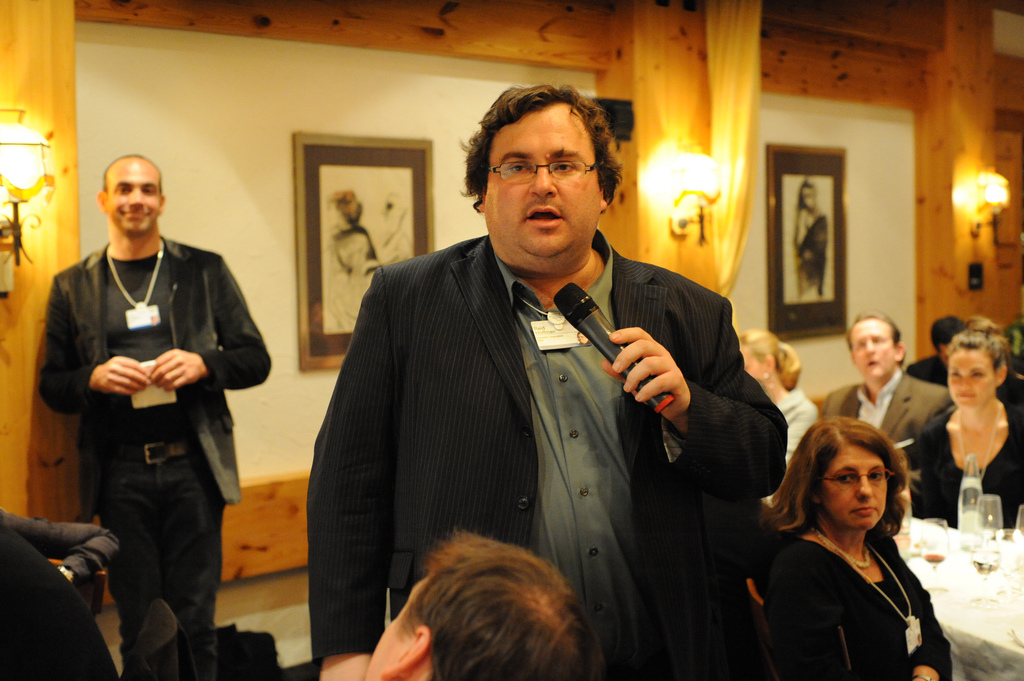Did the DEA really just give Insys approval to develop synthetic cannabis despite the company’s history of corruption and abuse?
05/03/2018 / By Ethan Huff

Everyday Americans are still prohibited in the year 2018 from growing and using all-natural cannabis due to federal restrictions that unjustly classify the herb as a Schedule I “drug” with no acceptable or valid use by humans. But a pharmaceutical corporation with an extensive rap sheet of illegal activity has just been given the go-ahead by the U.S. Drug Enforcement Agency (DEA) to proceed with the manufacture of a synthetic rip-off of cannabis, which back in Summer 2017 completed the final stages of regulatory approval by the U.S. Food and Drug Administration (FDA).
Insys Therapeutics, based in Chandler, Arizona, has reportedly developed a fake form of cannabis, similar to the infamously dangerous K2 or “Spice,” that the corporation hopes will become a “blockbuster” drug generating billions of dollars in profits. At the same time that millions of Americans are still being arrested and jailed for cultivating, using, and even just possessing the real thing, Insys is about to start openly distributing its own artificial variety with the blessing of both the DEA and FDA.
According to reports, the DEA filed a notice in the Federal Register on March 30, 2018, indicating that it plans to grant Insys exclusive permission to start producing and distributing fake cannabis as an FDA-approved pharmaceutical drug that will be designated as a Schedule II drug, meaning it can be prescribed by licensed doctors for certain medical conditions.
Having completed its Phase III trials of the FDA’s approval process – meaning Insys forked over tens of millions of dollars in bribery money to the FDA in exchange for the agency’s official stamp of approval – Insys’s synthetic cannabis knockoff, a THC-based oral spray known as “Syndros,” will likely soon be prescribed as a treatment for nausea, vomiting, and weight loss in AIDS and cancer patients.
The DEA and FDA are hopelessly corrupt and need to GO
It’s bad enough that a synthetic cannabis impostor is being granted Schedule II status while the real plant that grows in the ground is still stuck at Schedule I. What’s worse is the fact that Insys is a criminal corporation that has previously been convicted of falsely marketing dangerous drugs like fentanyl, an opioid, that’s killed thousands of people.
Former Insys CEO John N. Kapoor, along with several other former Insys executives and managers, was found guilty of bribing practitioners to prescribe that fentanyl product, known as “Subsys,” to patients who hadn’t been diagnosed with cancer – all to generate more profits, of course.
Further, Insys was the corporation largely responsible for defeating a 2016 ballot measure in Arizona that would have legalized the recreational use of real cannabis. According to reports, Insys contributed $500,000 – the largest ever anti-cannabis contribution in United States history – to a group known as “Arizonans for Responsible Drug Policy” that aggressively campaigned against the ballot measure, ultimately killing it.
In other words, Insys has been complicit in illegally bribing doctors to prescribe dangerous opioid drugs, as well as spending hundreds of thousands of dollars to keep nature “illegal” – all to enrich the pocketbooks of its executives and employees. And rather than be shut down as justice would warrant, Insys is now being given a federal pat on the back to continue hijacking nature at the expense of public health and individual liberty.
What this all illustrates, of course, is just how deep corruption runs at the DEA and FDA. Both of these criminal agencies don’t even try to hide the fact that they’re enemies of the people, and that they only exist to serve the interests of corrupt and greed-centric corporations like Insys that couldn’t care less about people’s health. Insys seems to only care about one thing: Profits. Is anyone surprised?
Sources for this article include:
Tagged Under: Arizona, Big Pharma, cannabis, corporate greed, corruption, DEA, Drug Enforcement Agency, fake cannabis, fascism, FDA, Food and Drug Administration, herb, Insys, Insys Therapeutics, marijuana, medical marijuana, Opioids, pharmaceuticals, Prohibition, Schedule I, Schedule II, Syndros, synthetic cannabis




















